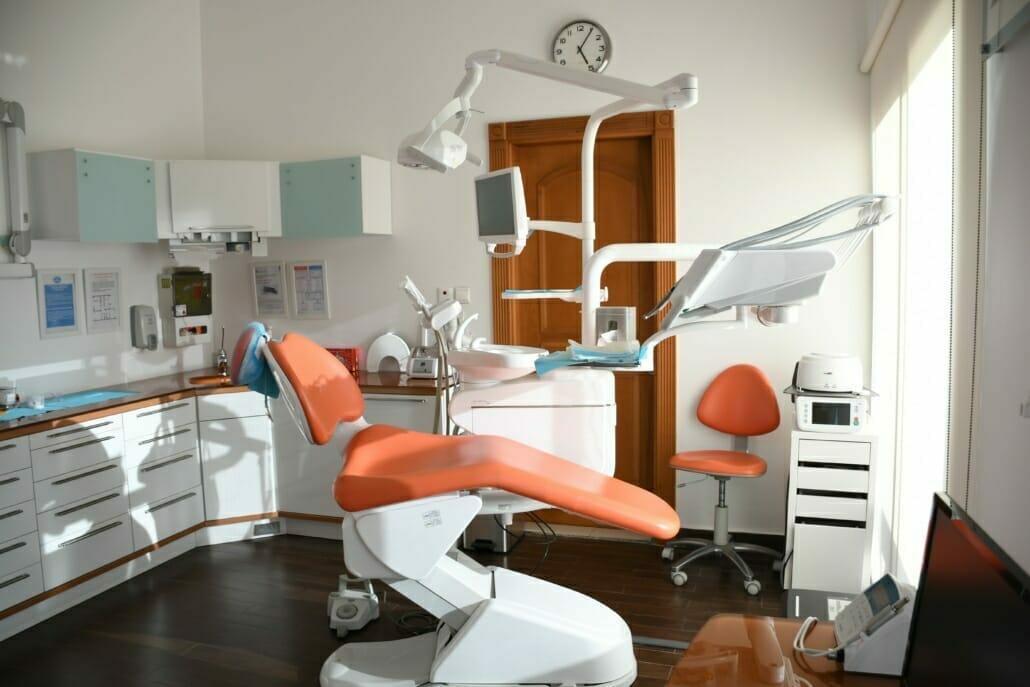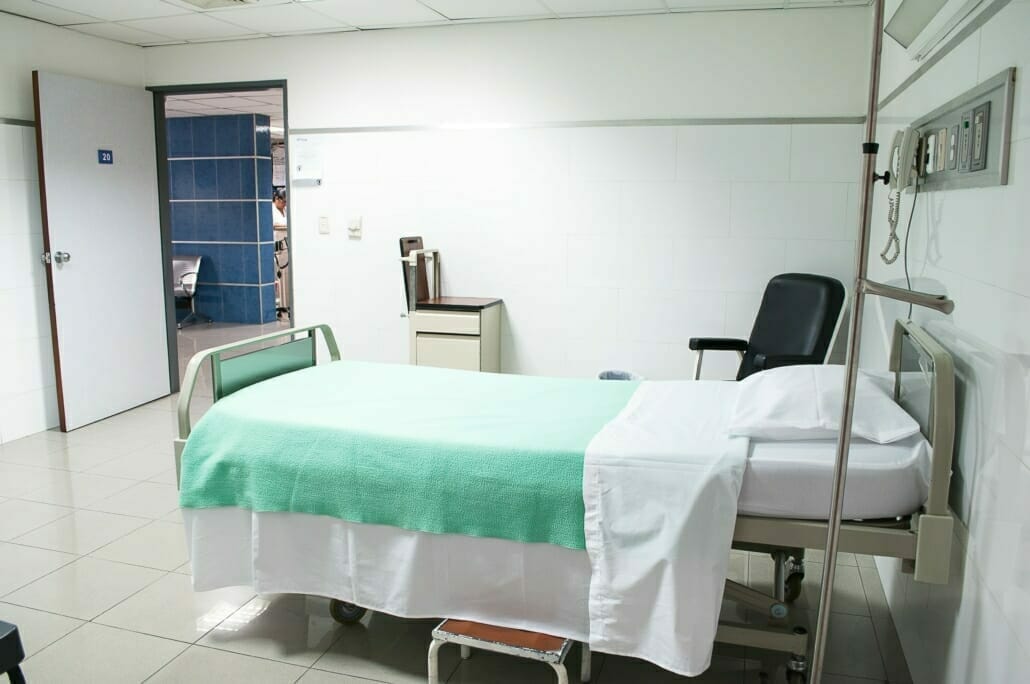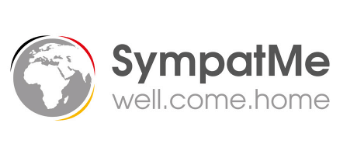5 Things you need to know about health insurance if you want to work in Germany
Have you just arrived in Germany to take up work and plan to stay more than 3 months?
Congratulations! German prosperity and its opportunities in various fields of the market will definitely open the door for you. Keep in mind though – Germany has strict bureaucratic rules when it comes to taking up work. And you have to follow these to be on the safe side.
One of the things you have to get during the first 3 months after your arrival is health insurance.
3 months sounds like a long period, but in fact, time will fly by. That’s why we have prepared this article for you – so you will be armed with all relevant information in advance.
We have summarised the most important types of health insurance for you and will provide some tips to make you feel safe and sound.
Let’s go!
#1 I got a work contract in Germany. Which type of health insurance should I get?
If you like it or not – having health insurance is obligatory for everyone who is resident in Germany. Germans who aren’t able to afford insurance when they have no income usually receive subsidies from the state.
It is rather difficult for expats who have just relocated to Germany to capture the complexity of the German healthcare system.

Having doubts which one to choose?
Looking for information on the pros and cons of each type of German health insurance that are available to employees?
Just keep reading. If you have a work contract, you can choose from the options described below.
#2 Main types of health insurance in Germany
In many respects, which health insurance you can choose depends on your salary, marital status, and state of your health.
There are 3 main types of health insurance in Germany:
Gesetzliche Krankenversicherung
• Monthly contribution equals 15,5 % of the salary. This insurance is usually partially covered by an employer.
• This insurance covers expenses when you visit a doctor and require medical procedures. If you have this type of insurance, your family members who live with you in Germany and don’t have a full-time job are co-insured free of charge.
An alternative to this insurance is a “Private Krankenversicherung” – Private insurance
Private Krankenversicherung
• High monthly contribution
• Suitable for everyone, whose income is higher than 54,000 Euros (2019)
• This insurance is favorable for young and healthy workers – they won’t have to pay extra for special treatments.
In addition, with private health insurance, you may receive more extensive medical services, a wide variety of specialists and less waiting time for appointments.
Zusatzkrankenversicherung (add-on insurance for special services)
• The contribution depends on your health as well as what type of ‘extra service’ you are looking for. For example, services of the ophthalmologist, dentist, and gynecologist can only partially be compensated by public insurance, so you may get an ‘add-on’ insurance for dental treatments, for example.
This type of insurance is not obligatory. It’s an additional private insurance that gives you an opportunity to have a maximum insurance coverage in every sector.

Summing up
To sum up: having proof of health insurance – public or private – is obligatory, if you live and work in Germany.
Whether you are eligible for German public health insurance depends on the size of your salary.
Private health insurance membership depends on how much you earn, whether you are employed as a German public official, and is also influenced by the state of your health.
So if you get paid more than 4700 euros a month, it’s more reasonable for you to choose a private insurance (because this may be cheaper than public health insurance).
However, if you have a chronic disease or other health issues, it may be in your interest to choose public health insurance. Private insurance companies can (and officially have the right to) increase your monthly contributions over time.
#3 Health insurance coverage for EU citizens
You MUST get official German health insurance (no matter if you are self-employed or currently looking for a job) if you are:
- an EU citizen;
- from EEA member state;
- from a country holds a social security agreement with Germany;
- a European Health Insurance Card owner;
- a worker from another European country/your employer is located outside of Germany, but you are registered in a German company.
You do not need to get a German insurance if you are:
- both an employee and self-employed in 2 different member states of EU;
- employed by a German company but do not live in Germany for more than 12 months.
#4 Health insurance coverage for non-EU citizens

For those who are international employees and do not have EU citizenship the situation is pretty easy – there is no way you can stay in Germany without a German health insurance.
In this case, you also have to be registered in Germany. Without official registration (Anmeldung) of your new home address, you cannot apply for an insurance card in a German state.
• Guest workers and employees after getting a German University degree
Usually, after you registered and got health insurance, the amount you have to pay for health insurance is partially paid by your employer. As previously mentioned, it depends on your salary. If you earn more than 59,400 Euros a year without tax, it may be more reasonable to get a private health insurance.
• Health insurance, if you work as a freelancers / self-employed in Germany
If you have come to Germany to find a job or you aren’t sure how long you will stay, it may also be beneficial to get private health insurance.
Our advice is not to underestimate the German healthcare system – if you think a short stay allows you to set health insurance question aside – be careful.
If you don’t want to get in trouble do the following: Before or immediately after you have moved to Germany, you should apply for German health insurance.
#5 Good to know
To sum up, for the newcomers in Germany these numbers may be useful in case of emergency:
| 110 | Police |
| 112 | Ambulance and/or fire brigade (applies throughout Europe) |
| 116117 | Medical on-call service by the Association of Statutory Health Insurance Physicians |
You need to load content from reCAPTCHA to submit the form. Please note that doing so will share data with third-party providers.
More Information


